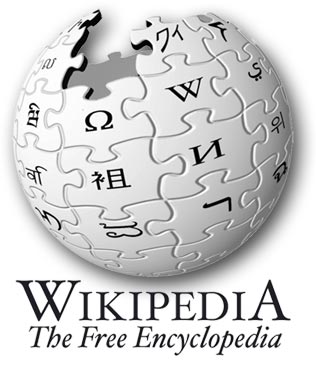ListsTechnology
The Advantages and Disadvantages Of Using Wikipedia For Research

In most instances when we Google search for things on the internet, the first answer we get comes from Wikipedia as much as we get a mouthful of information from them sometimes Wikipedia isn’t a great source. Below is a list of advantages and disadvantages that come with using Wikipedia for research purposes.
Advantages
- anyone can edit
- easy to use and learn
- Wikis are instantaneous so there is no need to wait for a publisher to create a new edition or update information
- people located in different parts of the world can work on the same document
- the wiki software keeps track of every edit made and it’s a simple process to revert back to a previous version of an article
- widens access to the power of web publishing to non-technical users
- Wikipedia has no predetermined structure – consequently it is a flexible tool which can be used for a wide range of applications
- There are a wide range of open source software wiki’s to choose from so licensing costs shouldn’t be a barrier to installing an institutional Wikipedia.
Disadvantages
Advantages in one context, may be disadvantages in another.
- Anyone can edit so this may be too open for some applications, for example confidential documentation. However it is possible to regulate user access.
- Open to SPAM and Vandalism if not managed properly. There are easy ways to restore a page however, and on WikiEducator you must be logged in to edit pages so this reduces vandalism by automated spam bots.
- Requires Internet connectivity to collaborate, but technologies to produce print versions of articles are improving
- The flexibility of a wiki’s structure can mean that information becomes disorganised. As a wiki grows, the community plans and administers the structure collaboratively.
- The usual guidelines for healthy computer use apply





